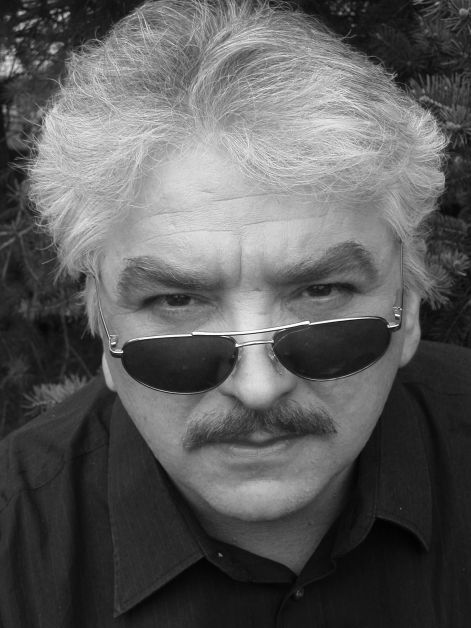was born in 1963 in St. Pölten, where he also lives today. He studied literature and pedagogics and has written essays and travel reports for a range of publications, including Literatur und Kritik, Wiener Zeitung and Datum. Manfred Wieninger is the author of a seven-part crime series featuring the crooked "discount detective" Marek Miert, who gets in and out of trouble in the East-Austrian town of Harland. Most recently published: "Der Mann mit dem goldenen Revolver". He was awarded the Theodor Kramer Preis for his historical novel "223 oder Das Faustpfand", which was published in 2012.
